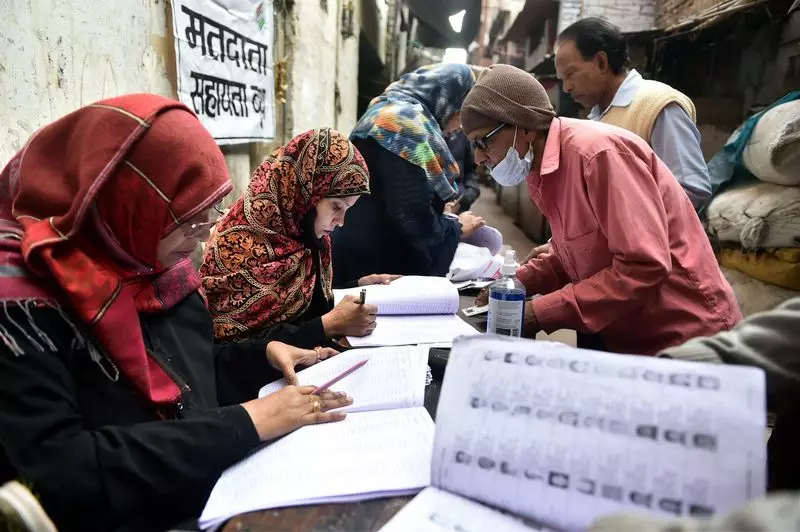
The Unique Identification Authority of India (UIDAI) has uncovered a massive discrepancy in West Bengal's Aadhaar database, revealing that approximately 3.4 lakh deceased individuals continue to be listed as active cardholders. This startling revelation was formally communicated to the Election Commission of India, raising serious concerns about the integrity of voter registration systems in the state.
Massive Database Anomaly Uncovered
According to official documents accessed by The Tribune, the UIDAI informed the Election Commission about this significant finding during recent inter-agency communications. The discovery of 3.4 lakh deceased individuals still registered in the Aadhaar database represents one of the largest such discrepancies identified in recent years, highlighting systemic issues in data management and coordination between government departments.
The issue came to light during routine data verification processes conducted by UIDAI officials. Through advanced data analytics and cross-referencing with other government databases, authorities identified these cases where death registrations had not been properly synchronized with the Aadhaar system. This has allowed the digital identities of deceased persons to remain active in the national database.
Election Commission Takes Immediate Action
The Election Commission has responded proactively to this critical information. Election officials have initiated a comprehensive verification drive to cross-check these findings against the state's electoral rolls. The primary objective is to identify and remove any names of deceased individuals that might still be registered as voters, thereby ensuring the purity of the electoral process.
This cleanup operation is particularly significant given West Bengal's politically sensitive environment and the importance of maintaining accurate voter lists. The Election Commission has deployed special teams to coordinate with local authorities and verify each case identified by UIDAI. The process involves physical verification at the ground level to confirm the status of each individual flagged in the report.
Systemic Challenges and Future Measures
This incident exposes significant gaps in India's digital governance infrastructure. Despite the government's push for digital integration and Aadhaar-linked services, the coordination between various databases remains a challenge. The failure to automatically update Aadhaar records following death registrations indicates systemic issues that need urgent addressing.
UIDAI officials have emphasized that regular database cleanup exercises are conducted, but the scale of the problem in West Bengal suggests that more robust mechanisms are required. The authority is now working on developing more efficient systems for real-time data synchronization with other government departments, particularly with birth and death registration authorities.
The West Bengal case has prompted UIDAI to review its processes nationwide. Similar verification drives may be initiated in other states to ensure the accuracy of Aadhaar data. This incident underscores the critical need for better inter-departmental coordination and more sophisticated data management systems to maintain the integrity of India's digital identity infrastructure.
As the investigation continues, both UIDAI and the Election Commission have assured the public that appropriate measures are being taken to rectify these discrepancies and prevent their recurrence in the future.






